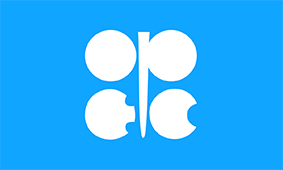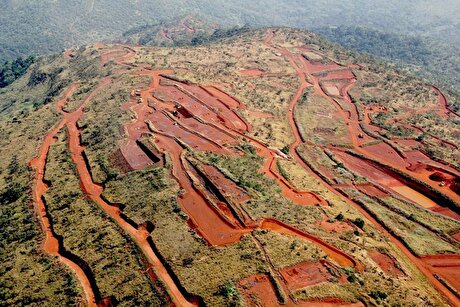
Details uncertain ahead of Opec + emergency meeting

The meeting is scheduled to take place at 14:00 GMT. The Opec+ alliance brings together Opec's 13 members with 11 non-Opec producers led by Russia. A total of 11 other oil-producing countries have been invited, including the US, Canada, Brazil and Norway. The Canadian province of Alberta, home to Canada's oil sands patch, has also been invited.
It is unclear which of those countries will participate. The US has said it will not take part directly. And Norway is the only country outside the Opec+ alliance to say publicly that it is willing to cut output if a wider restraint pact is agreed.
There are still no indications as to the size, allocations, duration or baseline for any production cuts and today's meeting has no clear agenda, Opec+ delegates told Argus. "This is the first time we go into such a meeting without having anything agreed," one delegate said.
Last week Russian president Vladimir Putin said the meeting should consider a collective production cut of around 10mn b/d from first-quarter levels.
The burden will fall on Russia and Saudi Arabia to shoulder most of the cut, Opec sources said. But the two heavyweights, which lead the Opec+ group, will need to overcome their differences over what action is required to support oil prices.
A dispute intensified between the pair last weekend over who was to blame for the collapse of the previous Opec+ output restraint deal and the subsequent crash in oil prices. That led to the meeting being postponed to today from 6 April.
One Opec source today confirmed that the two still do not see eye to eye on how big the cut should be, how long it should last or the baseline from which it should be calculated. Iranian oil minister Bijan Namdar Zanganeh highlighted this issue a few days ago, stressing that the success or failure of the talks could hinge on whether countries can agree, beforehand, what the baseline should be for the cuts.
Russia opposed steeper output cuts at last month's Opec+ meeting, but it is ready to take part in a new agreement on condition that the cuts are shared among the participants on a pro-rata basis. Russian news agencies say Moscow is willing to cut by 1.6mn b/d, but that is too low, according to Opec delegates.
Another point of contention is the absence of the US — the world's largest producer — from today's discussions. Washington is hoping that the Opec+ alliance will take into account the expected decline in US crude output caused by shale producers reining in spending in response to the oil price slump. Several Opec+ members have said a contribution from the US is needed for any new agreement.
Oil prices have fallen by around a third since the collapse of the Opec+ output restraint deal in March, which coincided with a plunge in demand resulting from the Covid-19 pandemic.
By Rowena Edwards and Nader Itayim


Gold price edges up as market awaits Fed minutes, Powell speech

Glencore trader who led ill-fated battery recycling push to exit

Emirates Global Aluminium unit to exit Guinea after mine seized

UBS lifts 2026 gold forecasts on US macro risks

Iron ore price dips on China blast furnace cuts, US trade restrictions

Roshel, Swebor partner to produce ballistic-grade steel in Canada

EverMetal launches US-based critical metals recycling platform

US hikes steel, aluminum tariffs on imported wind turbines, cranes, railcars

Afghanistan says China seeks its participation in Belt and Road Initiative

First Quantum drops plan to sell stakes in Zambia copper mines

Ivanhoe advances Kamoa dewatering plan, plans forecasts

Texas factory gives Chinese copper firm an edge in tariff war

Pan American locks in $2.1B takeover of MAG Silver

Iron ore prices hit one-week high after fatal incident halts Rio Tinto’s Simandou project

US adds copper, potash, silicon in critical minerals list shake-up

Barrick’s Reko Diq in line for $410M ADB backing

Gold price gains 1% as Powell gives dovish signal

Electra converts debt, launches $30M raise to jumpstart stalled cobalt refinery

Gold boom drives rising costs for Aussie producers

First Quantum drops plan to sell stakes in Zambia copper mines

Ivanhoe advances Kamoa dewatering plan, plans forecasts

Texas factory gives Chinese copper firm an edge in tariff war

Pan American locks in $2.1B takeover of MAG Silver

Iron ore prices hit one-week high after fatal incident halts Rio Tinto’s Simandou project

US adds copper, potash, silicon in critical minerals list shake-up

Barrick’s Reko Diq in line for $410M ADB backing

Gold price gains 1% as Powell gives dovish signal

Electra converts debt, launches $30M raise to jumpstart stalled cobalt refinery

















